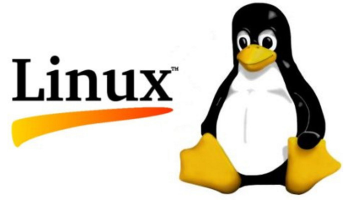The noise about Ubuntu Linux has increased over the last couple of days, much of it critical. I have been aware that the Open Source militants have for a long time had a down on it and Canonical for bundling proprietary software with the distro (coadecs and now graphic card drivers) and they have taken some odd diversions in their path to today ( Amazon Search Bar, I am talking about you), but it has a a commitment to a usable free desktop and server operating system and it’s not owned by a proprietary software company and is not a competitive weapon in the systems market, unlike say Red Hat who “own” Fedora, RHEL and Centos. The industrialisation of Red Hat was funded by IBM as a competitive weapon against Solaris and HP/UX and who now own it and offer it as their O/S of choice for their Intel servers. At a meeting I attended, Richard Stallman expressed his tests as: does it do surveillance, doe it have restrictions (against the four freedoms) and does it have backdoors and documents his then use of GNewSense, a Debian derivative. He also argued, correctly, that one can’t know if the software is free of these defects unless one can read the code. I wonder how many of these Linux distributions meet these tests today?
My review of the meeting might be worth having another look at, unlike some of what I write, it has aged well. …

